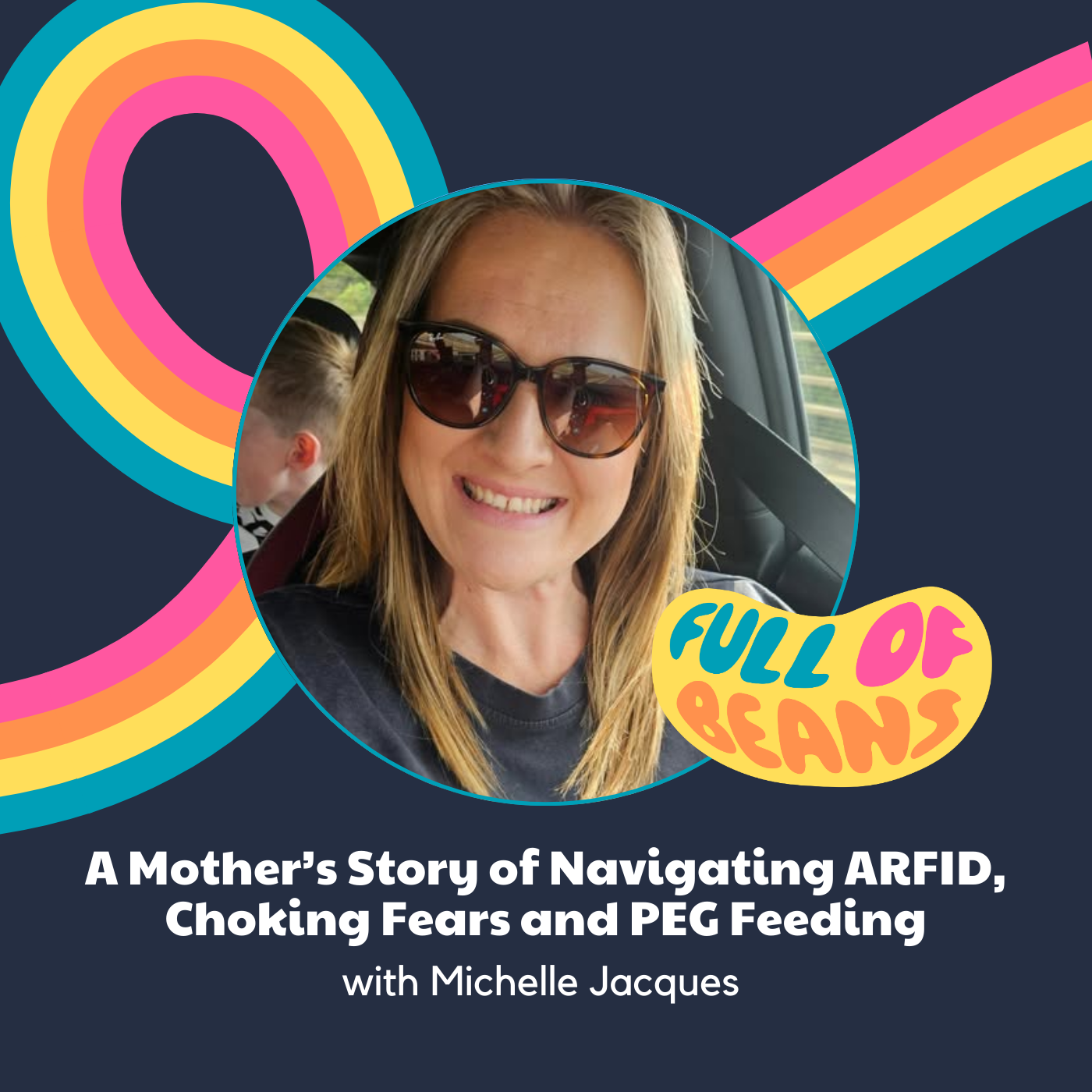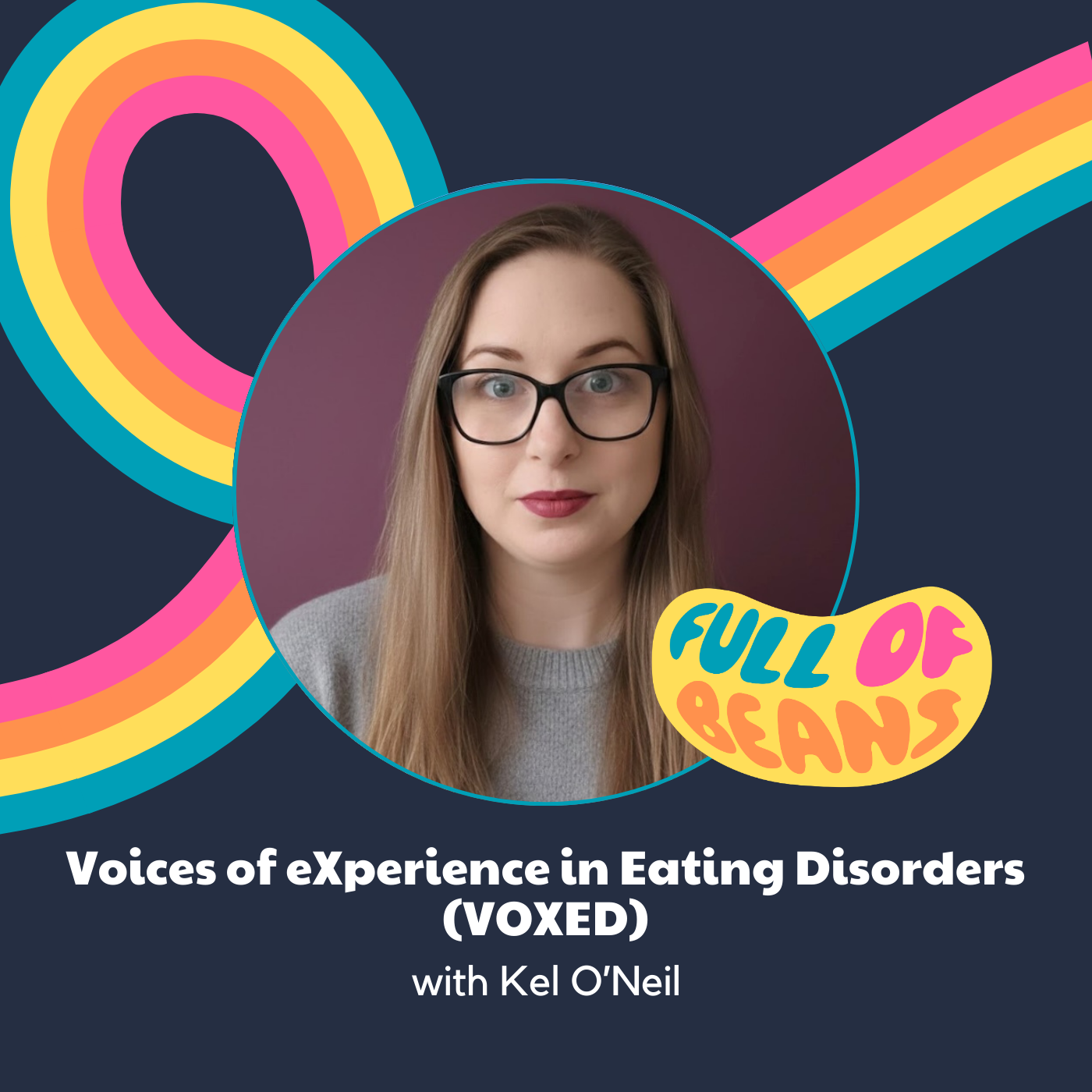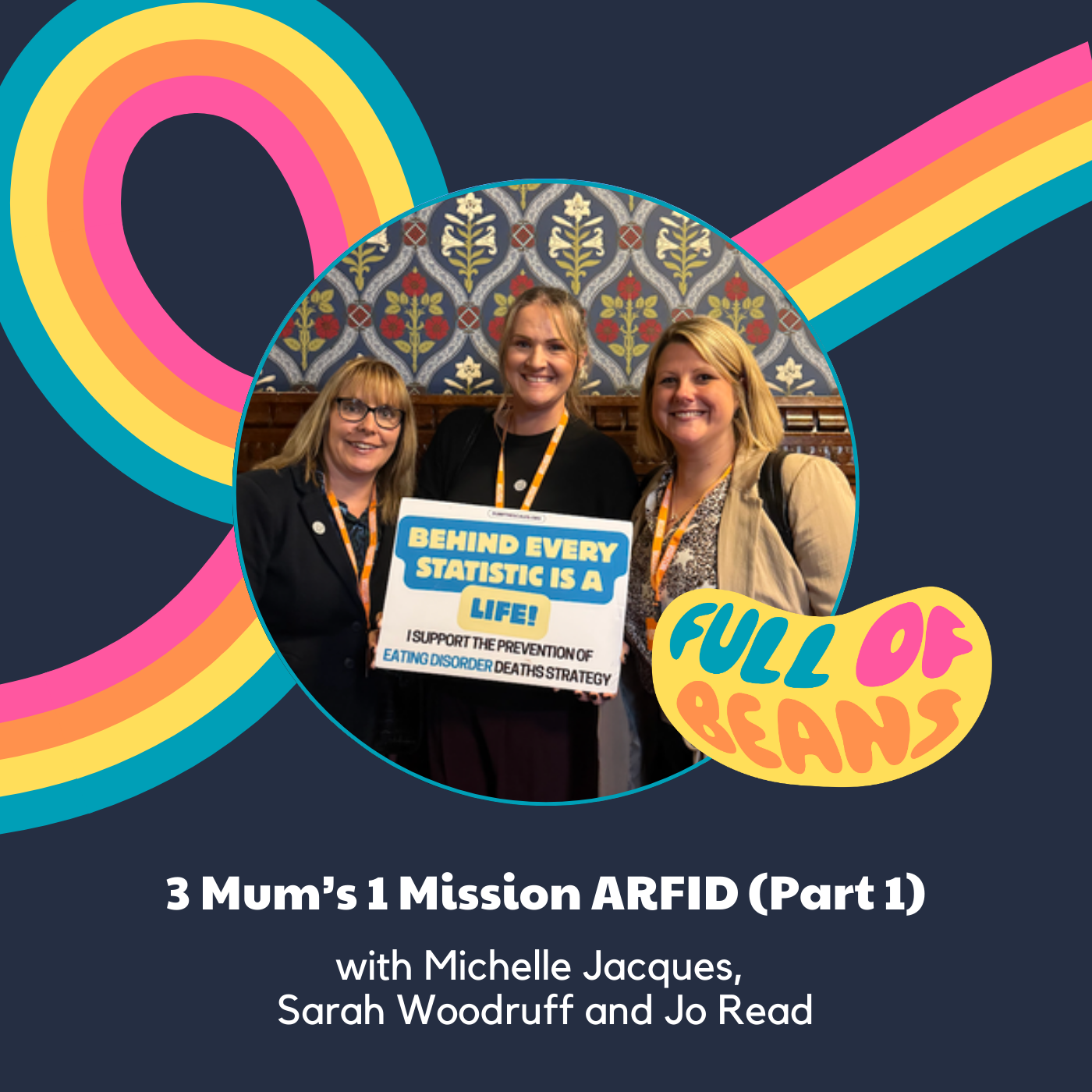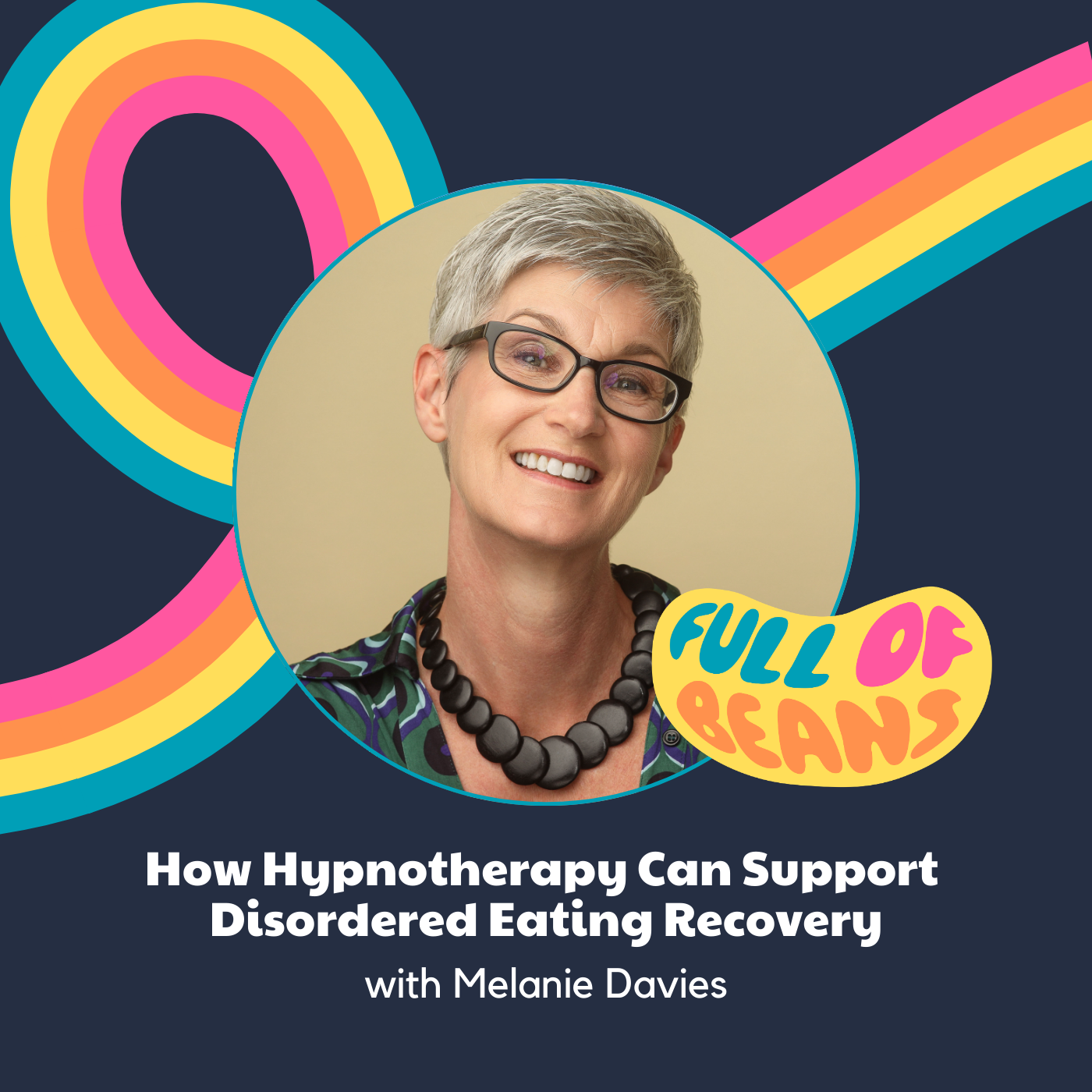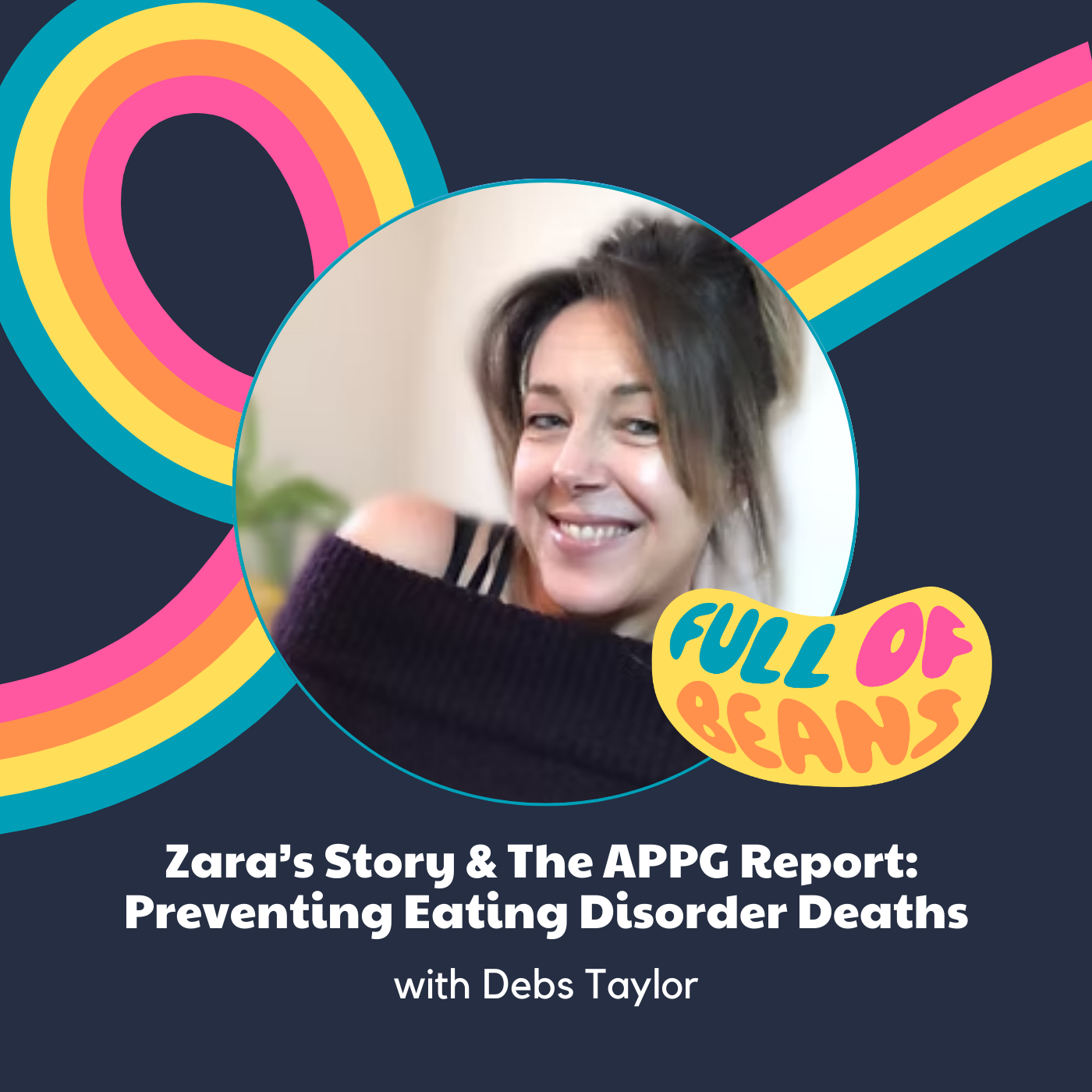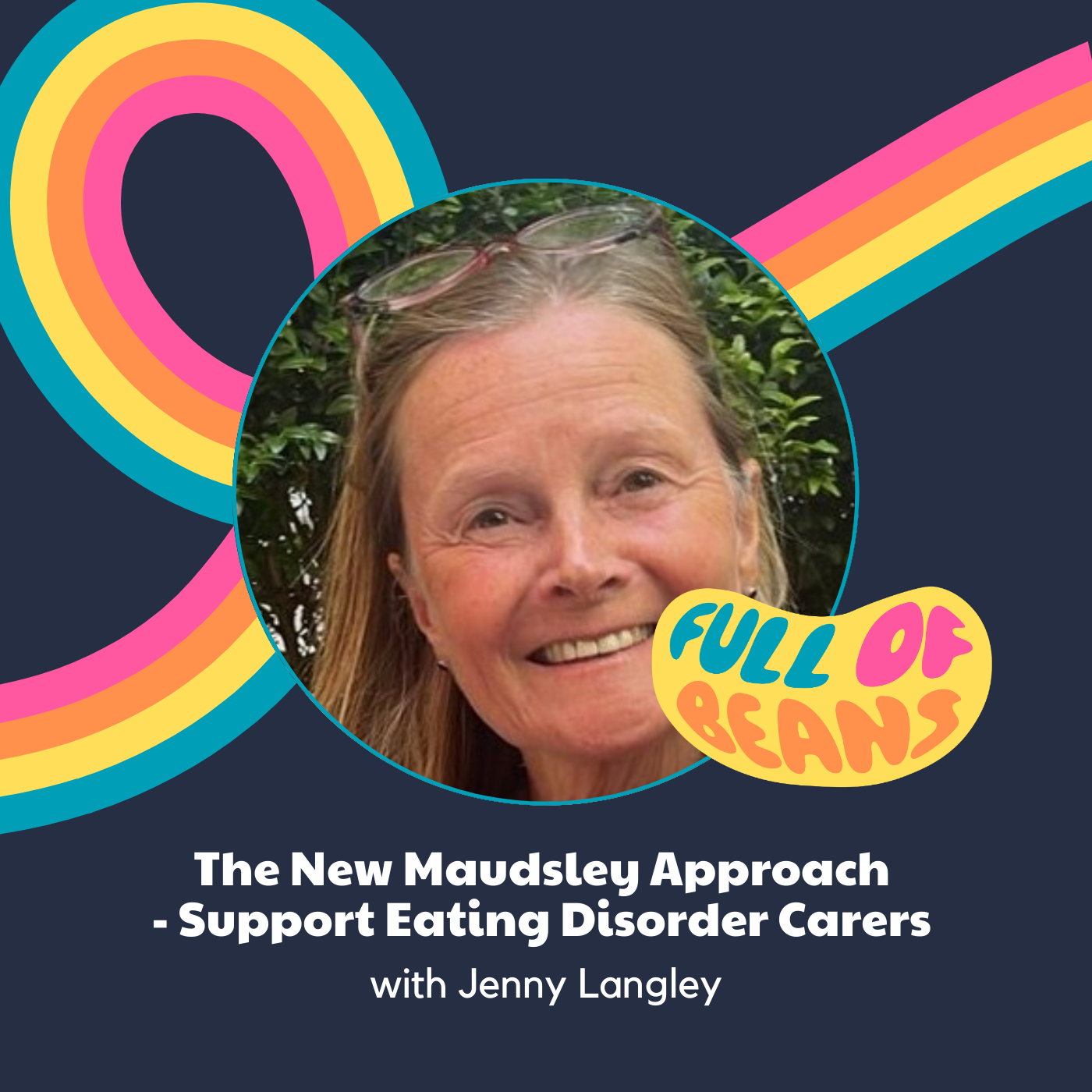Exploring the Impact of Cultural Stigma on Eating Disorder Recovery
Bayadir's Experience of Race, Religion and Cultural Expectations on Eating Disorder Recovery
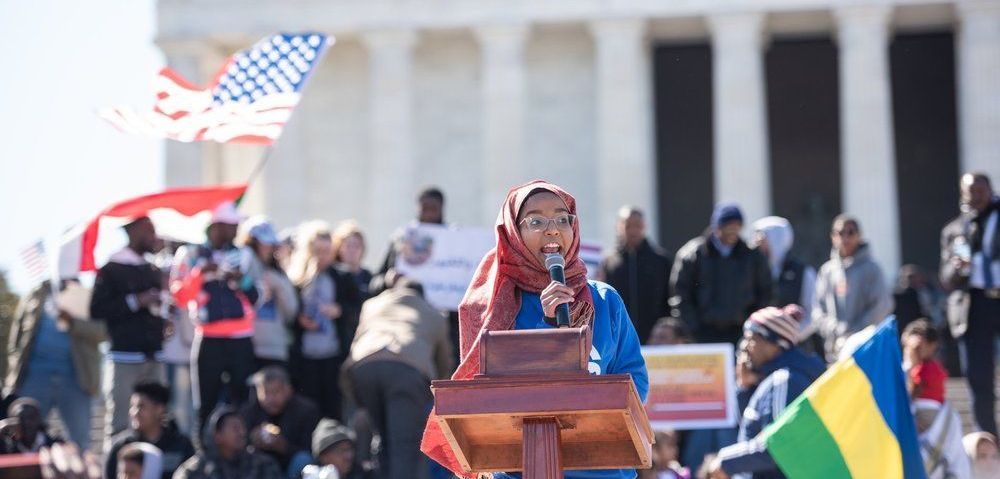
Cultural stigma and eating disorders are rarely discussed together, yet they play a significant role in shaping how individuals experience, understand, and seek help for these conditions.
While eating disorders affect people from all backgrounds, they are often overlooked or misrepresented in communities where mental health stigma prevents open discussion.
In this week’s episode of Full of Beans, I spoke with Bayadir, an advocate working to address health disparities and support the Sudanese community. Alongside her activism, she has also faced personal challenges with an eating disorder - a journey shaped by cultural beliefs, religious expectations, and the emotional weight of survivor’s guilt.
Through our conversation, we explored three key themes that are often missing from mainstream discussions about eating disorders: stereotypes, cultural and religious influences, and the impact of food insecurity and privilege on recovery.
Cultural Stigma and Eating Disorders: How Stigma Affects Healing
1. Challenging Stereotypes
A major misconception about eating disorders is that they only affect a certain type of person. In reality, eating disorders impact people of all races, cultures, and body types, yet many still struggle to access proper support due to widespread stereotypes and cultural stigma.
For individuals from non-Western backgrounds, eating disorders are often misunderstood or dismissed entirely. Some communities view them as a "Western issue" rather than a legitimate mental health condition. This misconception not only makes it harder for individuals to seek help, but also contributes to under-diagnosis and a lack of culturally sensitive treatment options.
By sharing stories like Bayadir’s, we can challenge stereotypes surrounding eating disorders and ensure that more people feel seen, heard, and validated in their experiences.
2. Culture, Religion & Eating Disorders
For Bayadir, her Sudanese heritage and religious upbringing played a significant role in shaping her relationship with food, health, and recovery.
- Cultural food traditions emphasise communal eating, making restrictive behaviours more noticeable, and sometimes more scrutinised.
- Religious fasting practices can blur the lines between faith and disordered eating, leading to feelings of guilt and internal conflict.
- Mental health stigma in some communities discourages open discussions about struggles with food and body image, making it harder to seek support.
It’s important to note that culture and religion do not cause eating disorders, but they can shape how a person experiences and processes their struggles. Understanding these influences is crucial for providing more inclusive, effective recovery support.
3. Guilt, Privilege & Food Insecurity: The Emotional Weight of an Eating Disorder
A particularly complex aspect of Bayadir’s experience was her awareness of food insecurity in Sudan and the emotional burden that placed on her own struggles with food.
- Survivor’s guilt can make people feel undeserving of help, as they compare their struggles to the extreme hardships others face.
- Awareness of privilege can create an internal conflict. How can someone justify struggling with food when others don’t have enough to eat?
- Disordered eating behaviours can feel even more shameful in this context, making it harder to reach out for support.
But invalidating your own struggles doesn’t help others, it only prevents healing. Cultural stigma and eating disorders are often intertwined, creating barriers to recovery and support. However, taking care of yourself allows you to better support the people and causes that matter to you.
Your Eating Disorder is Valid
This conversation was a powerful reminder that healing is not selfish. Your struggles are not less important just because someone else is facing something different. You don’t need permission to acknowledge your pain, and seeking support does not mean you lack gratitude or resilience.
- Eating disorders affect people of all backgrounds. As Dr. Chuks’ book states: Eating Disorders Do Not Discriminate.
- Cultural and religious influences can shape food relationships, but they should never be barriers to recovery.
- Healing allows you to show up stronger, not just for yourself, but for the people and causes you care about.
No matter where you come from or what is happening in the world, your mental health matters.
Connect with Bayada:
📲 Instagram: @yourbaya | @bridges.co
🌐 Website: yourbaya | bridges.co
Connect with Us:
🎙️ Subscribe to the Full of Beans Podcast here
📲 Follow Full of Beans on Instagram here
🎧 Listen to the Full of Beans Podcast here

